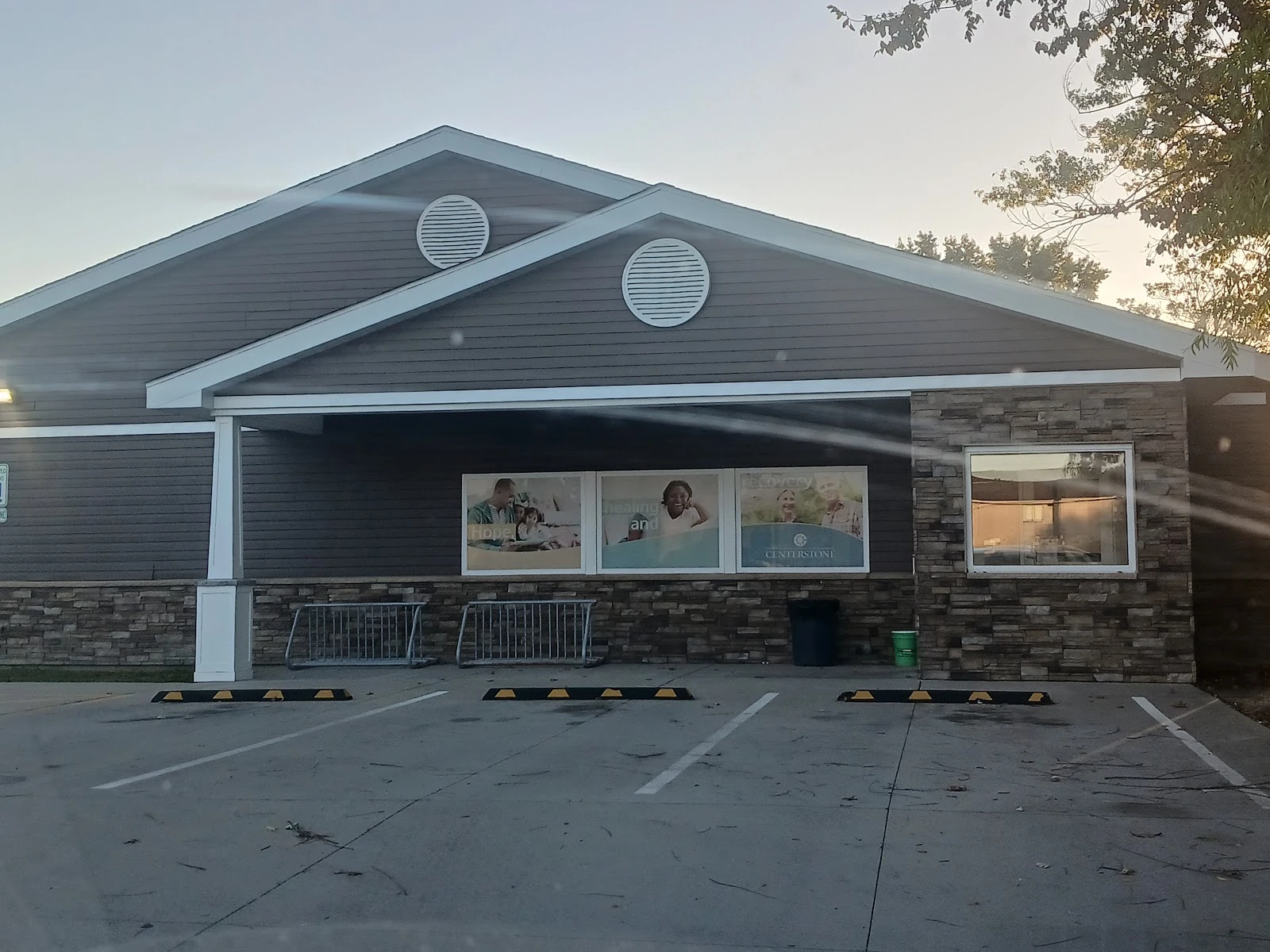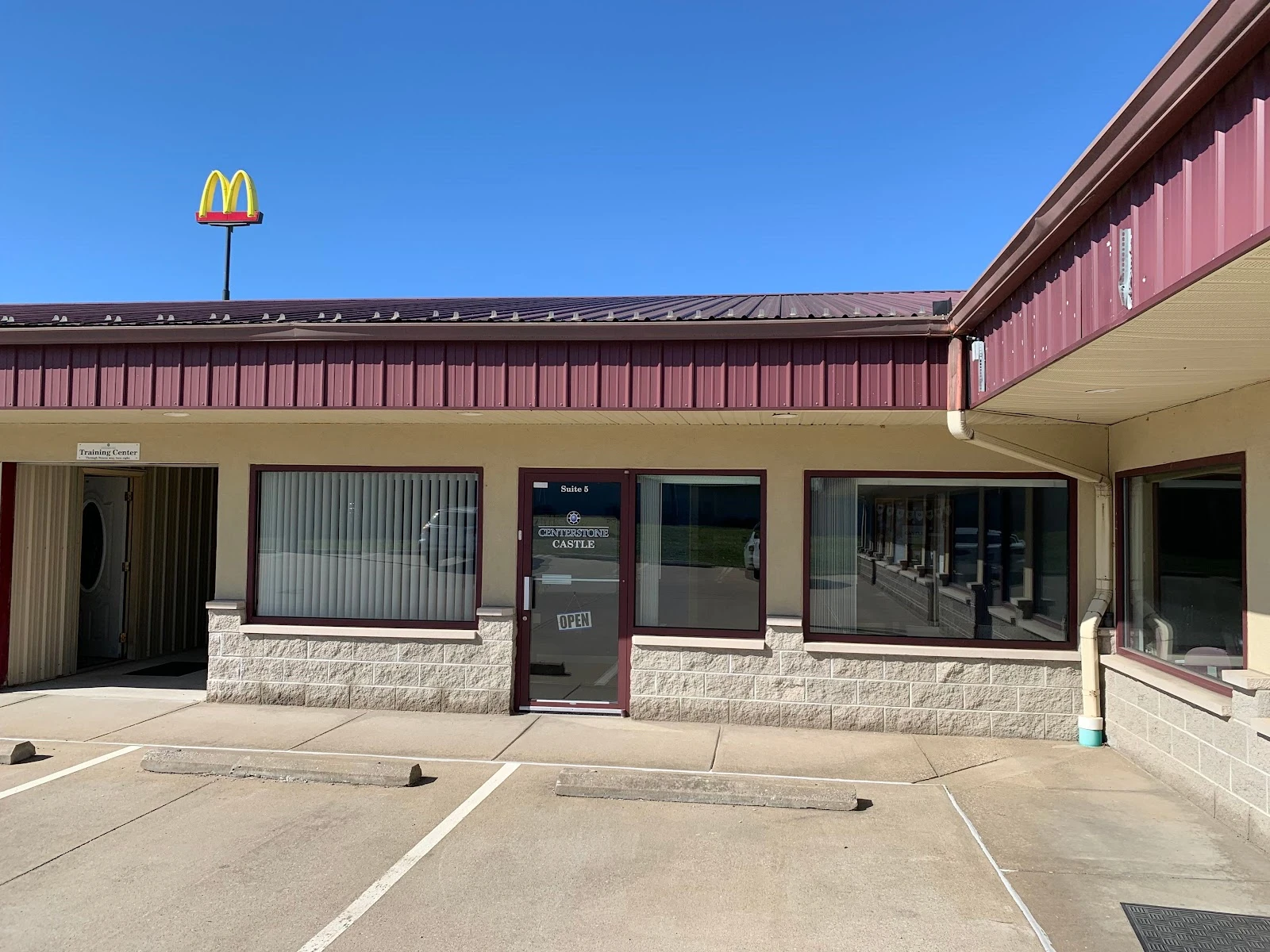Centerstone Carterville – East Plaza Drive Information
Treatment
Who We Treat
- Children
- Teens / Adolescents
- Adolescents
- Male and Female
Treatment Focus
- Licensed Primary Mental Health
- Drug Addiction
Approaches
- Individual Treatment
- Evidence-Based
- Family Involvement
- Couples Counseling
- Family Therapy
- Cognitive Behavioral Therapy (CBT)
- Motivational Interviewing
- 1-on-1 Counseling
Conditions We Treat
- Depression
- Anxiety
- Post Traumatic Stress Disorder (PTSD)
- Trauma
- Psychosis/Schizophrenia
- ADHD/ADD
- Schizophrenia
- Co-Occurring Disorders
Substances We Treat
- Alcohol
Languages
- English
Aftercare
- Discharge Planning
- Relapse Prevention Planning
- Continuing Care
Level of Care
- Outpatient
- Co-Occurring Mental Health
- Aftercare/Continuing Care
Experience
On-Site Amenities
- Air-Conditioned Rooms
Smoking and Vaping Policy
- Smoking Allowed in Designated Areas
- Vaping Not Allowed
Additional Locations
Centerstone Carterville – East Plaza Drive Accepts The Following Insurance Plans
Find the best treatment options. Call our free and confidential helpline today!






